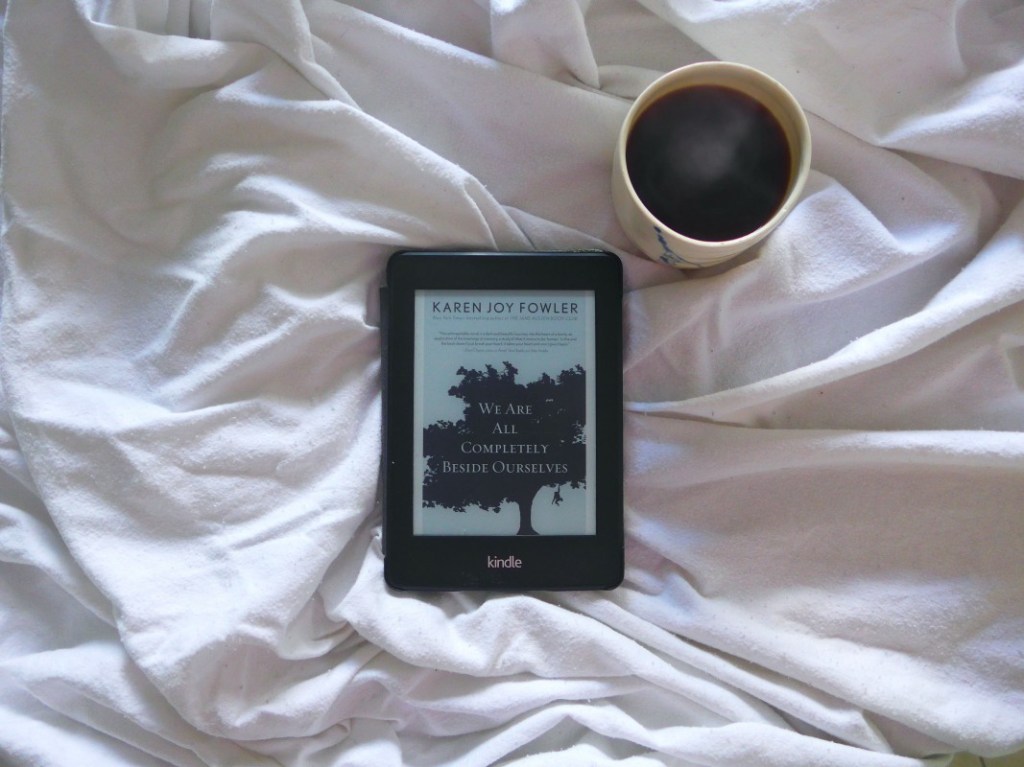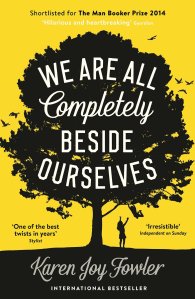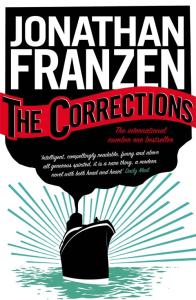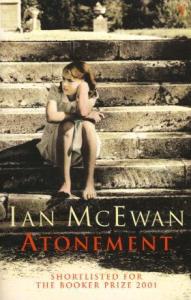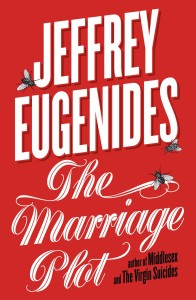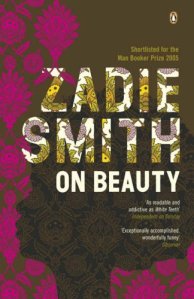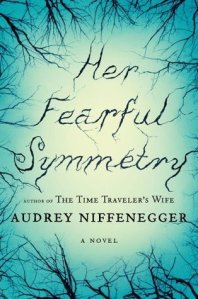Margot McGovern reviews We Are All Completely Beside Ourselves (Penguin, 2013) by Karen Joy Fowler.
A note before I begin: ‘When there is an invisible elephant in the room, one is from time to time bound to trip over a trunk.’ We Are All Completely Beside Ourselves has a significant twist a little way in. Savvy readers may spot it before the big reveal, but I’m not going to ruin it for you here. That makes this one a little tricky to talk about, and if I sound vague (or vaguer than usual), I’m merely doing my best to avoid mentioning the unmentionable.
We Are All Completely Beside Ourselves begins in the middle, in what narrator, Rosemary Cooke, freely admits is a play at misdirection and cautions that in her story: ‘the happening and the telling are very different things. This doesn’t mean that the story isn’t true, only that I honestly don’t know anymore if I really remember it or only remember how to tell it.’ Reader, you have been warned. The beginning-middle of Rosemary’s story takes place in 1996 when ‘ten years had passed since I’d last seen my brother, seventeen since my sister disappeared.’
Rosemary is a twenty-two-year-old student at UC Davis and is wrongfully and temporally imprisoned over nothing more substantial than spilt milk. Literally, she drops a glass of milk. And, yes, before I go on, it is that kind of ‘clever clever’ book. This, the first of several cases of wrongful imprisonment that arise again and again throughout the novel, brings Rosemary in touch with drama major Harlow Fielding—whose mischievous energy reminds Rosemary of her missing sister, Fern. As Harlow swings her way into Rosemary’s life, Rosemary is forced to revisit her past and the part she played in her sister’s disappearance and her brother’s silence.
We Are All Completely Beside Ourselves is a story about memory and a family torn apart by a tragedy they can’t give voice to. More than that it’s a story of avoidance and an examination of the narratives we construct in order to reframe an inconvenient truth.
As a child Rosemary was a compulsive talker who later learned the value of silence and now knows how to use both to her advantage. She’s an unreliable narrator and admits that her memories are what Freud terms ‘screen memories’: ‘a compromise between remembering something painful and defending yourself against that very remembering.’ Throughout her story she interrupts herself to to confess to omitting chunks of dialogue and entire scenes, cutting and splicing as she inches closer to the truth about her sister’s disappearance while simultaneously recoiling from it.
The awful truth that Rosemary can’t face (in broad terms, so as not to give too much away) is that in order for Rosemary to be visible—free to live her life in the manner of her choosing, to assert her individuality—Fern has to disappear. Side note: fans of psychoanalysis, you’ll have an absolute ball with this book. Seriously, dust off your copy of Totem and Taboo and whatever else you’ve got lying about and go wild.
This idea that in order for some to live an ideal life others must pay a high price is something Fowler explores at a societal as well as individual level. To do so, she draws on Thomas More’s Utpoia (1516), with Rosemary explaining:
There’s no money in Thomas More’s Utopia, nor private property, either—these things are too ugly for the Utopians, who must be protected from life’s rougher aspects. The Zapolets, a nearby tribe, fight some of their wars for them. Slaves butcher their meat. … No Utopia is Utopia for everyone.
However, rather than just pointing the finger and making readers feel thoroughly ashamed of ourselves for the dirty work we foist onto others and pretend not to see, Fowler acknowledges that to end this unpleasantness entirely would come at an incredible cost—perhaps a cost we cannot afford to pay. Instead, she asks us to make informed lifestyle and purchasing choices, to acknowledge the blood—yes, actual blood—on our hands and to consider the sacrifices others make for our benefit. (Look at me go, dancing all around the invisible elephant.)
We Are All Completely Beside Ourselves won the 2014 PEN/Faulkner Award and was also shortlisted for the 2014 Man Booker Prize; it’s a smart, layered and tightly written book. For my taste it was a little too self-consciously clever, annoyingly Jonathan Franzen-esque. I appreciated Rosemary’s dry wit and her unreliability, but on the whole found her unsympathetic and difficult to invest in. Her unreliability also makes it tricky to get a clear sense of the other characters. They shift and fracture throughout the narrative as Rosemary revises her story, leaving very little for the reader to hold onto. For me it was too much a novel of theory with not enough feeling running through. It engaged my mind, but not my heart when the best stories should do both.
That said, it would be difficult to argue that We Are All Completely Beside Ourselves isn’t an impressive work, and if you’re on the hunt for something sharp and smart to get the cogs turning, it’s well worth a read.
We Are All Completely Beside Ourselves is available through Amazon (Kindle), Book Depository and Kobo.
If you enjoyed We Are All Completely Beside Ourselves, these titles might also tickle your fancy:
Like what you see? Keep in touch:
 |
 |
 |
 |
And get the latest from Lectito delivered to your inbox.

